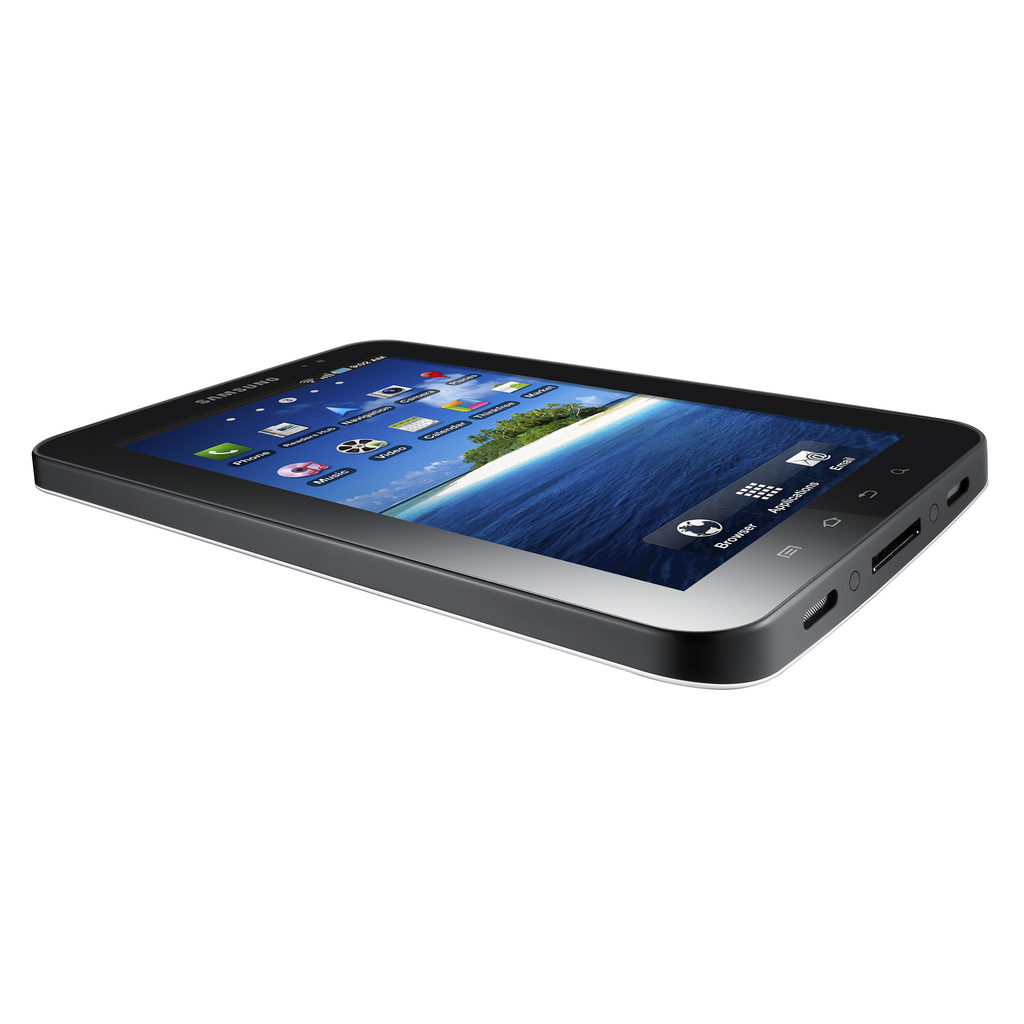The Peninsula
Samsung Galaxy Tab the Latest Casualty in Ongoing Legal War with Apple

By Chad O’Carroll
The seemingly perpetual legal fracas between Apple and Samsung took a turn yesterday when U.S. District Judge Lucy Koh of California entered an injunction to block the sale of Samsung’s Galaxy Tab 10.1 computers in the United States. The block of sales of the newest Galaxy tablet, touted by many industry experts to be the main rival for Apple’s iPad series, was the result of Samsung’s new tablet being “virtually indistinguishable” from Apple’s iPad and iPad 2 models.
Given on Monday Jude Koh had said she would deny the injunction based on the assumption, overturned, that the Apple’s design patent was likely invalid, the move has come somewhat as a surprise for Samsung’s legal team. “The relief being given to Apple here is extraordinary. Preliminary injunctions are rarely asked for and rarely granted,” said Colleen Chien, a professor at Santa Clara Law in Silicon Valley. With Samsung filing a notice of appeal within just five hours, the injunction will come into effect as soon as Apple posts a $2.6 million bond to cover a potential damages payment to Samsung if Apple loses the case. So what is this case about, what does this mean for Samsung, and what about the broader impact on the portable communications market?
Back in April, Apple CEO, Tim Cook explained Apple’s position regarding the ongoing battle with Samsung. “I’ve always hated litigation, and I continue to hate it. We just want people to invent their own stuff…But the key thing is that it’s very important that Apple not become the developer for the world. We need people to invent their own stuff.” With Judge Koh’s ruling that Samsung’s latest tablet was “virtually indistinguishable” from the iPad, it seems that this case may well strengthen Apple’s increasingly wide ranging claims that, “it is no coincidence that Samsung’s latest products look a lot like the iPhone and iPad, from the shape of the hardware to the user interface and even the packaging”.
A close look at the specific Galaxy Tab in question does indeed reveal several design similarities, so it is arguable that Apple’s case has some merit. For example, the general design of the unit was so similar that Samsung’s legal counsel couldn’t distinguish the two products when Judge Koh showed them in the courtroom at a limited distance. Even between the power cables of the iPad and Galaxy Tablet there are clear similarities, with the two designs employing USB to wide angle charging ports. However, take many digital product lines and you’ll find many design similarities that exist. Flatscreen TVs, digital cameras, and GPS navigation units all share many close resemblances from one model to another. But in those cases we don’t hear about the type of design patent infringement claims that Apple is referring to.
By pointing to Apple’s penchant for generic design claims, Samsung had previously stalled Apple’s claim that it had exclusive rights to the form of the iPad by showing adjudicators a device eerily similar to the iPad that featured in the 1968 film, “2001: A Space Odyssey”. Now Samsung say that Apple’s win as a result of “generic design” patents means that “innovation and progress in the industry could be restricted.” It is a claim that has some merit, meaning that hardware developers for standard-form products like phones, laptops and tablets might have to pay closer attention on trying to develop unique designs. But who wants a triangular phone, circular laptop or hexagonal GPS unit? Well, there are ways around the most recent litigation that call for less dramatic means. Because the scope of the Galaxy Tab design breach in this case is reported to be “relatively narrow”, Samsung will be able to design around the problem and continue sales if it so chooses (as it has done in other markets). However, this adds additional hurdles to the release of hardware in markets where Apple is successful in stinging Samsung on general design issues.
But Samsung does appear to be changing gear. While a close look at earlier Samsung Galaxy cell-phones reveals some resemblance to the iPhone, with the Samsung Galaxy III the South Korean conglomerate does now seem to be taking steps to avoid patent cases like this in its core smart-phone line, with a now radically different design to that of the iPhone. Clearly rattled by the prospect of continued disruptions to its business and the potential for injunctions that could halt sales during important release windows, Samsung have evidently deemed it prudent to air on the side of caution for new product launches.
While Samsung may have lost this case, the U.S. sales ban follows last week’s ruling in The Hague that Apple has to compensate Samsung for damages caused by a breach of patents since August 2010. And it is almost certain that as part of the tit-for-tat cycle of cases we’ve seen in recent months, that Samsung lawyers will almost certainly have the iPhone 5 in their targets shortly after its eventual release. So who wins from all of this? Despite being prevented from selling its latest tablet in the U.S., Samsung shares gained 2.5% at the close of trading in Seoul yesterday. With Apple focusing so much on comparing their products to Samsung’s in courts across the world, perhaps they are indirectly underscoring the credibility of Samsung’s products to customers as real alternatives to Apple’s own range. As such, it is hard to know if Apple will emerge the long-term winner from its continued and costly legal battle.
Chad 0’Carroll is the Director of Communications for the Korea Economic Institute. The views represented here are his own.
Photo from 3 Sverige’s photo stream on flickr Creative Commons.
